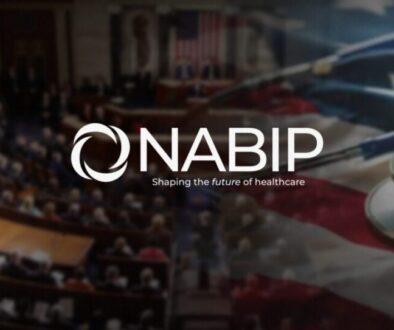How insurance agents can use custom GPTs to improve SEO rankings

Insurance agents keen to improve their SEO rankings can capitalize on customized versions of AI platforms that follow user-specific guidelines, says John Dietrich, principal SEO Consultant, Stella Rising.
He said these specific-use custom AI tools are particularly useful for:
1. Content: Creating or updating articles and generating content briefs
2. Competitive analysis: Website review and deep research
“The tools and technologies are very scalable, but they’re also very flexible. So, when you’re approaching, let’s say, content creation that’s specific to the insurance niche, you’re going to want to provide context to whichever tool you use. I use the general purpose sort of Swiss Army knife AI tools for content writing, but I use it in a particular way,” Dietrich explained.
What is custom GPT?
A custom GPT is a customized version of an AI large language model that follows specifications set by the user, such as following certain rules, always giving output in a certain format and more.
Popular AI platforms including ChatGPT and Claude give users options to customize or personalize their GenAI in this way.
“I highly recommend leveraging that feature to help you generate content for your niche. The reason I’m recommending that feature is because you can give it context so that every prompt you write has context that it can draw from,” Dietrich said.
For example, a thought leader’s existing blog or article can be used as a point of reference. But Dietrich noted that it’s even better if the insurance professional has existing content that can be used, because then the customized GPT can use their own writing style as a frame of reference.
“It’s very straightforward. You basically just give it a name, you upload documents and these documents are that context,” he explained.
Using custom GPT to improve SEO rankings
When using a custom GPT to create or update content, Dietrich suggested starting with uploading several ideal pieces of writing or thought leadership pieces that provide a lot of context about the insurance industry.
“Then you might give it some instructions. Anytime you give it a prompt, it would reference these instructions. So you might say, ‘Don’t use these words or use this type of language,’ or ‘Reference these experts, but don’t reference these experts.’ You could even upload your brand guidelines or your editorial guidelines,” he said.
The customized GPT would then follow those guidelines when creating new content, updating older content or generating content briefs that can be fed back into the custom GPT to create new content.
“Obviously your industry, like every industry, changes over time. A piece of content that was written five or 10 years ago is very likely to have just factual errors in it right now. Audit your content, look for what’s not getting traffic, look for what may be so old that it needs just some factual updates,” Dietrich suggested.
He cautioned that AI still needs close human guidance and review before content it generates can be used, but acknowledged that this method of using custom GPTs can still be quite effective at creating high-quality content.
“You’d be surprised how good it can be. It’s come a long way in the two-ish years that this technology has been around. Definitely, we’ll still need a human expert to review it, both from a subject matter expert standpoint and an editorial standpoint. But, again, with enough context, with the guides, with good input, you’re going to get a pretty well-polished piece on the other side,” he said.
Using custom GPT for competitive analysis
Analyzing your website against top-ranking competitors’ websites is a major part of SEO and an important step in improving SEO rankings. Dietrich said custom GPTs can also assist with this.
“I’ll take screenshots of my page, screenshots of the competitors’ pages and say things like,
‘What do you notice between these two? What is making this page rank over that page? Is it some UX element? Is it copy on the page? Is it the title tag? Is it the headline tag? You can go on and on and on,” he said.
AI tools such as ChatGPT, Gemini, Perplexity and xAI also have a “deep research” function that provides that analysis in even greater detail.
“You could give it your competitors and say, ‘I’m doing an SEO competitive analysis; do the research for me,’ and it will go out and it will produce a fairly lengthy document. And you can chat with the document once it’s created, too. You don’t have to read the entire thing, but it can be very illuminating,” Dietrich said.
However, he noted that he would not recommend using custom GPTs for keyword research, just because there are already many SEO tools that “do such a good job and have the monthly search volume for these terms, and that’s something the AI tools don’t have directly” yet.
Stella Rising is an independent media and marketing agency founded in 1982 and based out of New York.
© Entire contents copyright 2025 by InsuranceNewsNet.com Inc. All rights reserved. No part of this article may be reprinted without the expressed written consent from InsuranceNewsNet.com.
The post How insurance agents can use custom GPTs to improve SEO rankings appeared first on Insurance News | InsuranceNewsNet.





